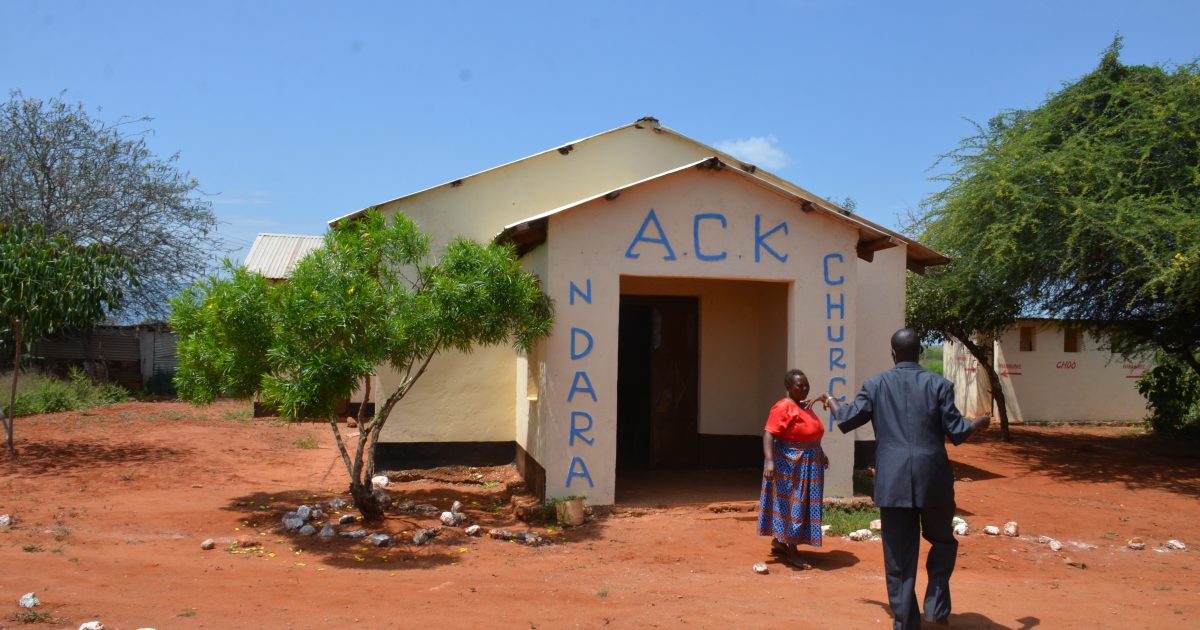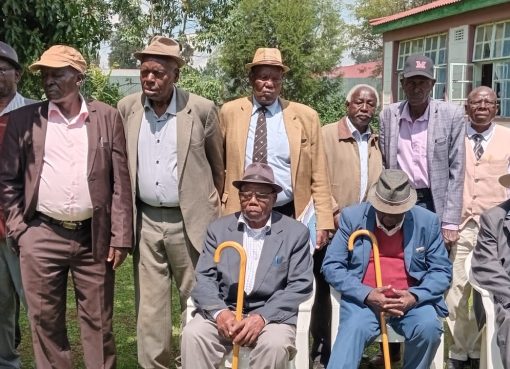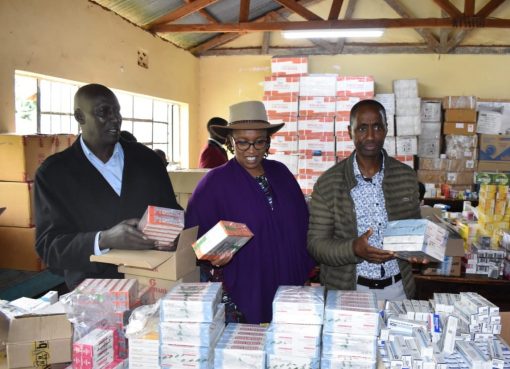Hundreds of illegal settlements on the Nairobi-Mombasa Highway at Ndara area in Voi sub-county have led to a sharp surge in human-wildlife conflict in several villages in Sagalla.
Recent reports indicate the settlements continue to block traditional migration routes for elephants to Tsavo East National Park.
The settlements, at the road reserve, stretch for several kilometers from Ndara area to Bachuma with hundreds of people having settled along this vital corridor that leads to Tsavo East. The situation is compounded by the fact that most homesteads are built close to the Standard Gauge Railway (SGR) underpasses that were specifically designed to allow elephants to access the park.
Voi Deputy County Commissioner Daniel Nduti said the illegal settlers should relocate voluntarily to allow stranded elephants to move to Tsavo East National Park. The herds are migrating from Tsavo West.
Speaking on Tuesday at Ndara area during a tour to assess the level of settlements, the administrator said the expanding population of illegal squatters along the road reserve posed a risk to efforts to mitigate human-wildlife conflict.
“They will be asked to move voluntarily because these settlements are exacerbating conflicts between farmers and elephants,” he said.
The migration of herds of elephants from Tsavo West to Tsavo East is an annual phenomenon that occurs in the last months of every year. During the migration, the elephants move through Sagalla area, regarded as an elephant corridor. Villages including Marapu, Mwambiti, Kirumbi, Kajire and Talio Nyika report farm losses as the animals’ rumble across their land.
The destruction becomes severe once the elephants slow down and pitch tent in the area where they hide in the thick foliage and only emerge at night to lay to waste thousands of acres of farms. Currently, over 4,000 farmers in the affected villages have reportedly been affected by this invasion.
In the past, Kenya Wildlife Service (KWS) have made attempts to arrest this conflict. These efforts include deploying rangers and vehicles to push the jumbos to the ranches and flying in Problem Animal Management Unit (PAMU) specialists to deal with the menace. There have also been attempts to install an electric fence that has repeatedly been opposed by a section of the locals.
The eviction of the squatters on the road reserve is seen as one in a raft of several measures the government is exploring to end this perennial problem.
Ms. Kassim Kombo, charcoal seller at Ndara, said he had been living at the road reserve for over 20 years. He says that his settling there has nothing to do with elephants’ migrations.
“The elephants come and we see them. Some cross through the underpasses and some go back. We don’t block them at all,” he argued.
He opined that the green foliage and abundance of water and bushes in Sagalla area made the elephants stay in the farms for months. He added that KWS should send more rangers to the area instead of blaming innocent farmers.
“More KWS rangers should be sent to where the elephants are and drive them to the park through the ranches,” he suggested.
By Wagema Mwangi





